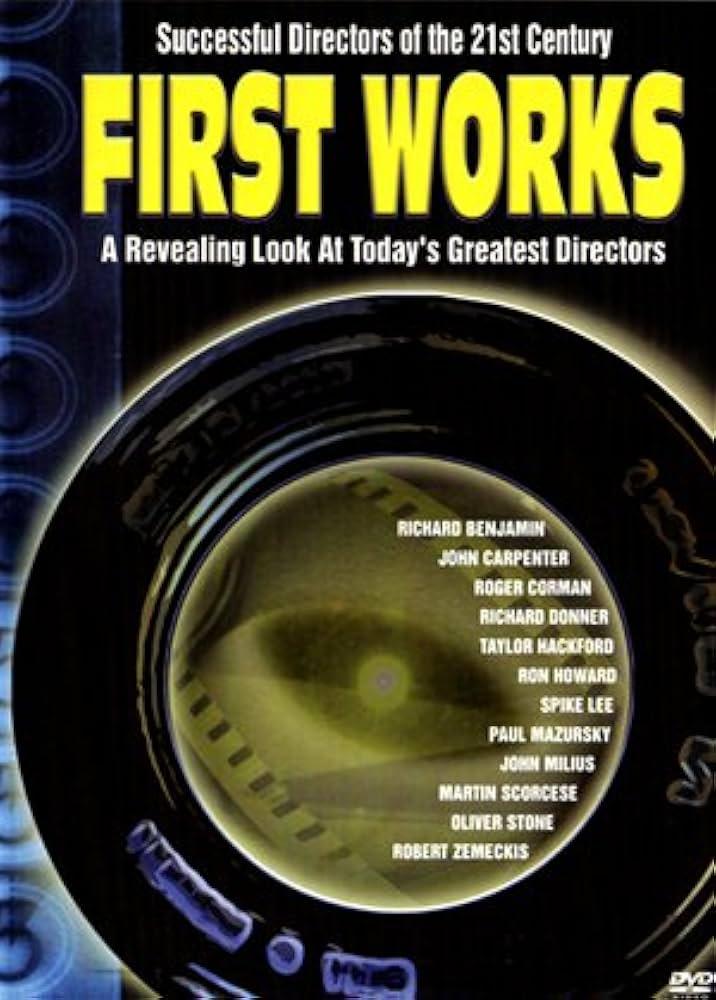In the ever-evolving landscape of cinema, few directors manage to carve a distinct niche that not only defines their career but also influences the broader industry. This article delves into the formative works of a visionary director whose early films laid the groundwork for an illustrious future. By examining the thematic depth, innovative techniques, and bold storytelling choices evident in these initial projects, we uncover how they served as a blueprint for the director’s subsequent success. Join us as we explore how these early cinematic endeavors became the foundation upon which a remarkable career was built, setting new standards and inspiring a generation of filmmakers.
Identifying Signature Themes and Techniques
In examining the director’s early films, several signature themes and techniques emerge, establishing a foundation for their later success. One prominent theme is the exploration of identity and transformation, often depicted through characters who grapple with internal and external conflicts. This thematic focus not only resonates with audiences but also allows for rich character development, a hallmark of the director’s storytelling prowess.
- Visual Style: The use of distinctive visual motifs, such as contrasting light and shadow, creates a unique aesthetic that enhances the narrative’s emotional depth.
- Sound Design: An innovative approach to sound, where ambient noises are woven into the score, adds an immersive layer to the viewing experience.
- Non-linear Storytelling: The director frequently employs non-linear narratives, challenging audiences to piece together fragmented timelines, which fosters engagement and intrigue.
These elements, intricately woven into the fabric of the director’s early works, not only set them apart from their contemporaries but also laid the groundwork for their evolving cinematic legacy.
Analyzing Early Collaborations and Influences
In examining the nascent stages of this director’s career, it becomes evident that the collaborative environment played a crucial role in shaping their artistic vision. Early partnerships with key industry figures provided a fertile ground for experimentation and innovation. Frequent collaborations with established screenwriters and cinematographers allowed the director to refine a distinct storytelling style, characterized by bold narrative choices and a keen visual flair.
Influences from contemporary filmmakers and classic cinema further enriched their creative palette. The director’s work reveals an appreciation for diverse genres, melding elements of suspense, drama, and comedy into a cohesive whole. Key influences include:
- Auteur Filmmakers: Drawing inspiration from directors known for their unique voices and signature styles.
- Classic Cinema: Incorporating timeless techniques from the golden age of film.
- International Films: Embracing global storytelling perspectives to enhance narrative depth.
These foundational experiences not only honed their craft but also set the trajectory for a career marked by both critical acclaim and commercial success.

Understanding the Evolution of Narrative Style
The director’s early works reveal a profound understanding of storytelling that would come to define his later successes. By experimenting with various narrative techniques, he laid a foundation that allowed for a seamless transition into more complex storytelling. In his initial films, one can observe a keen focus on character development and non-linear timelines, which would become hallmarks of his cinematic style. These early explorations enabled him to craft stories that were not only engaging but also intellectually stimulating.
- Innovative Use of Flashbacks: This technique was employed to add depth and context, making audiences feel more connected to the characters’ pasts.
- Multiple Perspectives: By presenting different viewpoints, the director created a more immersive and multifaceted narrative experience.
- Symbolic Imagery: Early works often featured recurring symbols that hinted at deeper themes, a technique he would refine over time.
Through these methods, the director not only captivated audiences but also set a new standard for narrative complexity in film. His early films serve as a testament to his ability to innovate and push the boundaries of traditional storytelling, paving the way for his future achievements.

Strategic Career Decisions and Their Long-Term Impact
In the world of filmmaking, early career decisions can significantly influence one’s trajectory. For this director, a keen focus on selecting diverse projects and collaborating with industry pioneers were pivotal. These choices weren’t merely about gaining experience but about establishing a distinct voice and reputation in the industry. By embracing projects that challenged conventional storytelling, the director cultivated a unique cinematic style that resonated with audiences and critics alike.
- Diverse Project Selection: Opting for varied genres early on showcased versatility.
- Collaborations with Industry Pioneers: Partnering with seasoned professionals provided invaluable insights and mentorship.
- Innovative Storytelling: Pushing narrative boundaries set a precedent for future works.
These strategic decisions, made at the outset, laid a robust foundation for future success. The director’s willingness to take calculated risks and engage with groundbreaking ideas ensured a lasting impact, both on their career and the film industry at large.

